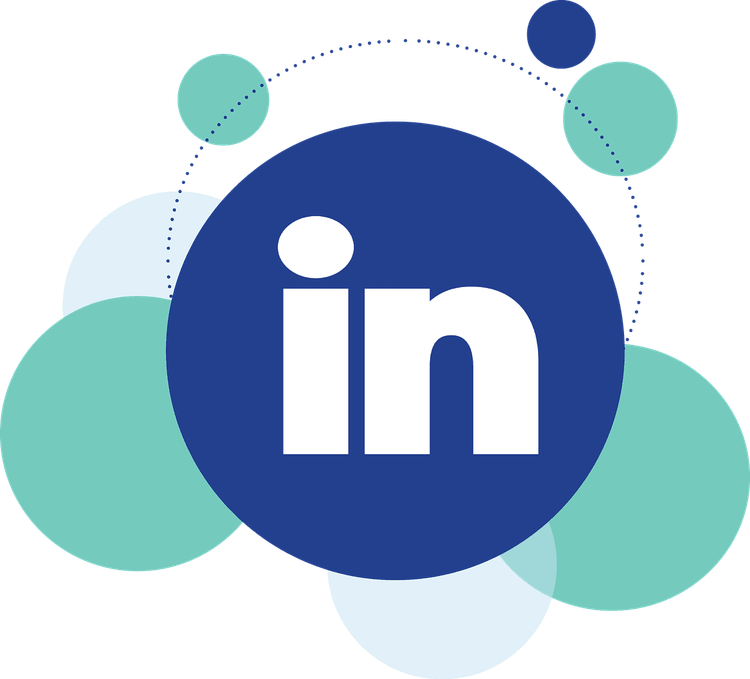French AI startup Mistral AI has forged a significant multi-year partnership with Microsoft, unveiling its newest and most advanced language model, Mistral Large. This model is positioned as a strong contender against Google's Gemini Pro, with initial availability on Microsoft’s Azure AI Studio and Azure Machine Learning platforms. Additionally, Microsoft has reportedly invested €15 million (approximately $16.3 million) in Mistral, which will convert to equity during the startup's next funding round.
Beyond the Azure ecosystem, Mistral Large can also be accessed through the startup’s own platform, La Plateforme. As part of its expansion into conversational AI, Mistral has introduced a ChatGPT competitor called Le Chat (French for "cat"), which operates on the Mistral Large model.
Mistral Large stands out as the startup's most comprehensive language model to date. It has demonstrated superior performance on the industry-standard MMLU (Massive Multitask Language Understanding) test, surpassing not only Anthropic’s Claude 2 but also Google’s Gemini Pro and Meta’s Llama 2. Notably, it is the second model to achieve an MMLU score exceeding 80, following only OpenAI’s GPT-4. Google has claimed its Gemini Ultra model reached a remarkable score of 90, but as of now, they have yet to publish a technical report to substantiate this achievement.
This model excels in linguistic fluency, supporting English, French, Spanish, German, and Italian, and showcases an impressive grasp of grammar and cultural nuances. With a context window length of 32,000 tokens—equivalent to approximately 24,000 words—Mistral Large is well-equipped to manage extensive documents with ease.
Mistral Large is designed with businesses in mind, featuring precise instruction-following capabilities that allow customization to align with specific moderation policies. It also displays robust performance in coding and mathematical tasks, making it versatile across various applications.
For users needing a more accessible version, Mistral has also launched Mistral Small, an optimized variant that is tailored for lower latency workloads and operational cost efficiency. Mistral Small outperforms the previous 8x7B model, positioning it as a refined solution for businesses. Additionally, Mistral Next is a prototype model characterized by its extra concision.
The collaboration with Microsoft marks Mistral's second major agreement with a cloud provider within a week. Following this announcement, AWS revealed that Mistral’s models would also be integrated into its Amazon Bedrock platform. Last December, Mistral established a similar arrangement with Google Cloud, making its models accessible through the Vertex AI platform.
Currently, Mistral Large is exclusively available on Azure, but there is potential for it to expand to Bedrock and Google Cloud in the future. It remains unclear how Mistral’s developments may interact with those from OpenAI, a strategic partner of Microsoft, whose models power a growing suite of products, including subscription-based Copilots.
In light of regulatory interests, Microsoft is diversifying its AI partnerships to alleviate antitrust scrutiny, having reportedly considered a partnership with Databricks before aligning with Mistral. Described as the "OpenAI of Europe," Mistral may assist in addressing competition concerns within the EU, which is currently investigating Microsoft’s extensive investment in OpenAI totaling at least $13 billion. The European Commission is also expected to evaluate the implications of the new Microsoft-Mistral partnership.
Despite Mistral's strong advocacy for open-source AI models, the partnership with Microsoft does not signal a shift from its foundational goals. Co-founder Arthur Mensch emphasized this point in an interview, stating, "We started with open-source models which anyone can deploy for free, as this is a way to distribute them widely and create demand. However, we also offer a business model featuring optimized models." He noted that monetizing these models will enable the startup to finance the costly research and development required for future advancements. Mensch, alongside his co-founding team—who previously worked at leading organizations like DeepMind and Meta—holds a confident outlook on Mistral's ability to compete with industry giants like Google and OpenAI.







